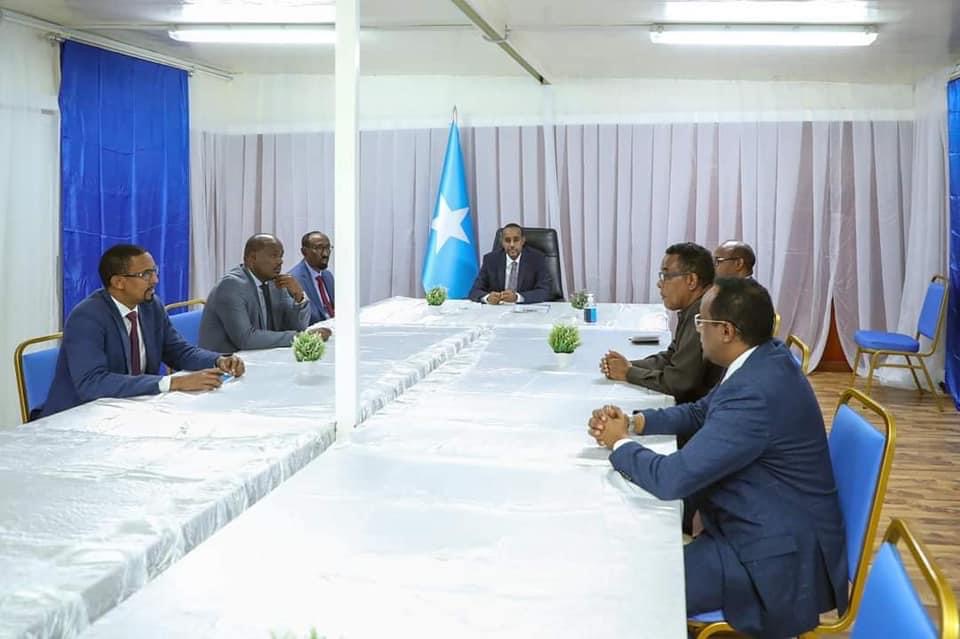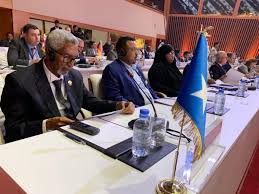The EU can unblock the so-called “electoral impasse” paralysing Somalia by rejecting the involvement of the outgoing president. But it must also set out a new framework to help the country move forward…
The four-year term of Somalia’s president, Mohamed Abdullahi Farmaajo, formally ended last week – but he has refused to leave office. With the federal parliament’s mandate also expired as of December 2020, Somalia now, for all intents and purposes, lacks legitimate, effective national government.
Farmaajo argues that his tenure should be extended until new elections can be held. Talks had been taking place about the rules governing the elections, but these have stalled. The international community has taken the position of “no partial elections, no partial processes”, and Farmaajo justifies staying on to avoid a political vacuum. But this position is disingenuous since Farmaajo is himself responsible for creating this situation by having stymied negotiations over the electoral framework. As elections drew nearer, Farmaajo stepped up gerrymandering efforts to the point where important federal member states and opposition candidates refused further negotiations on the electoral framework – in essence withdrawing from elections until Farmaajo leaves.
The European Union must stop referring to the current country’s predicament simply as an “electoral impasse” and recognise it for the grave constitutional and political crisis that it is. That includes excluding Farmaajo from finding the solution. With his tenure ended, and lacking widespread Somali popular support, he should be treated as nothing more than a political party representative, not the sitting president. While a road map to elections is urgently needed, embedded in that accord must be a reinvigorated commitment to the state-building project which has been so dramatically derailed by a four-year attempt at centralising power led by Farmaajo himself.
https://ecfr.eu/article/somalias-election-impasse-a-crisis-of-state-building/




